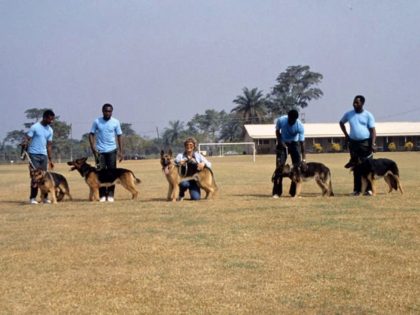
A new star in the southern sky
The impressive debut album of the Malcolm Jiyane Tree-O marks the arrival of a unique genius in post post-apartheid South African jazz.

The impressive debut album of the Malcolm Jiyane Tree-O marks the arrival of a unique genius in post post-apartheid South African jazz.

After unrest in July and municipal elections in November, it's clear South Africa is in the midst of a serious social, economic and political crisis. What are the roots of it? Listen to this episode of AIAC Talk to find out.

In both the rebuke and lionization of F.W. De Klerk, who recently died, there is an attempt to squeeze power into the zone of emotional sentiment.

In a country like South Africa where government trust is low, gangsters and criminals who provide assistance to their communities are seen as the people’s champions.

Xenophobia and questions of belonging haunt Indian South Africans. What does that mean for solidarity with Black South Africans?

We have to become more open to the possibility that what our society needs is not better policing, but less. And ultimately no policing at all.

The writer, from Cape Town, reflects on the life of her working class father, who like her friends' fathers worked tough jobs for low pay and hid his vulnerabilities.

A new book on policing in South Africa wants to go beyond the usual call for reform. But adapting literature tuned for reform to the task of abolition is a difficult needle to thread.

This week's episode of AIAC Talk is a replay of the launch of the latest issue of Amandla! magazine, a South African publication advancing radical left perspectives for change.

Mogoeng Mogoeng, South Africa’s chief justice from 2011 to 2021, is midwifing the conservative turn in South Africa’s public life. From retirement, he may also eye public office.

Instead of voting for the bankrupt ANC or DA, South Africans could do better with social movement candidates in upcoming local elections.

The New Apartheid, a new book by Sizwe Mpofu-Walsh, seeks to define a generational mission in South Africa. Instead, it shrouds our existing one in complete opacity.

If re-municipalization—returning a privatized service to local public control—is to work in South Africa, we need other forms of social contracting between municipalities and citizens.

South African cricket is currently the subject of TRC-style hearings into the racism and nepotism in the game. It makes for riveting TV, but focuses too much on individual instances of racism and discrimination.

Ordinary working-class people have been forced to the belief that there can never actually be real solutions; stripped of the confidence that fundamental change can happen.

For all the grief Afropunk gets, including its commercialization and appetite for expansion, it still manages to bring people, mostly black, together over two days for a pretty great party.

Kyle Shepherd’s new music blooms brightly from out of the shadow of pandemic and considers what it means to be South African, African, and human.

Poet Mongane Wally Serote’s 40-year lament, still haunts Black South Africans: “it is only in our memory that this is our land.” The land haunts our memory, and, in turn, we haunt the land’s memory.

Why is South Africa's draft Hate Crimes and Hate Speech Bill contradicting the constitution and proposing to shield academics and scholars who propagate racist and bigoted ideas?

A vernacular attempt at a social anthropology of dogs across three countries: Nigeria, South Africa and Canada.